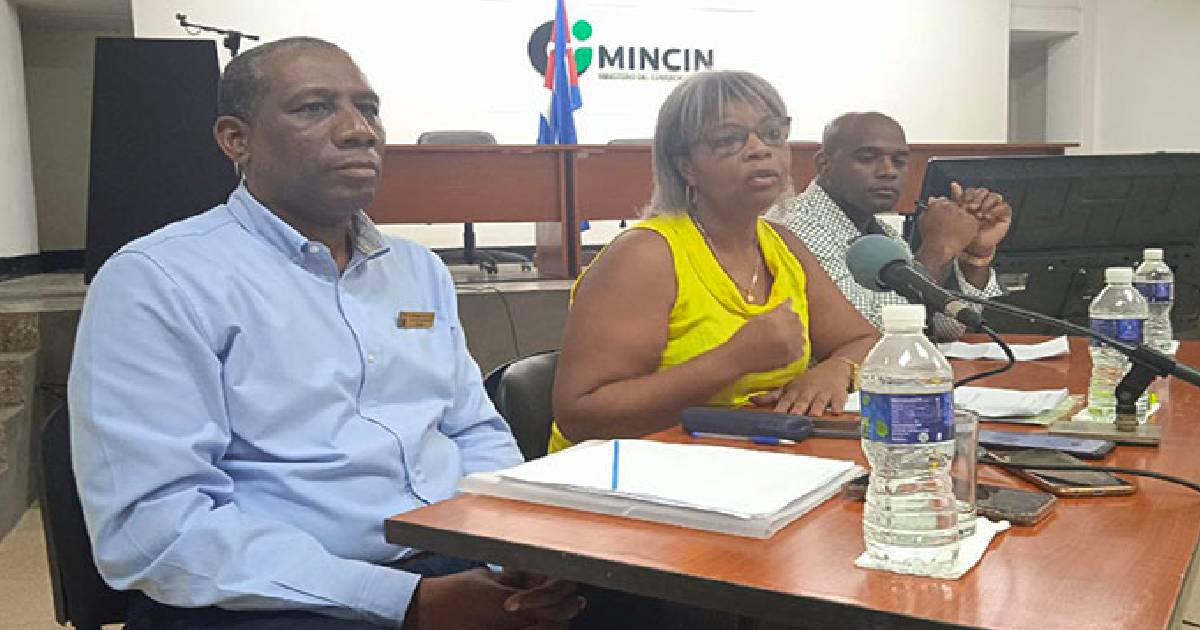
The Cuban regime established this Thursday the obligation for the country's businesses to provide consumers with the necessary means for electronic payment.
The Official Gazette of the Republic published theResolution 93 of 2023 of the Ministry of Domestic Trade (Mincin), which will come into force within 30 days and obliges entities dedicated to commerce to provide consumers with access and use of electronic payment channels.
It explains that it is established as a requirement for these establishments to have payment facilities through national gateways or point-of-sale terminals for the marketing of goods and provision of services to the consumer.
The measure involves all natural and legal persons that carry out commercial activities that need Registration in the Central Commercial Registry (RCC).
It also contemplates a transitional provision for natural and legal persons who, upon the entry into force of the resolution, do not have payment facilities through the aforementioned means.
These will have only 60 calendar days, counted from the entry into force of this regulatory provision, to guarantee said payments or their permits for the activity they carry out will be suspended.
In the country there are at least 20 thousand Commerce and local subordination units that have electronic payment; But state and non-state economic actors that carry out activities governed by the Ministry of Domestic Trade (Mincin) must also guarantee the channels for electronic payment, mentioned theCuban News Agency.
He quoted Inalvis Smith Luben, vice minister of that agency, who told the official press that every establishment must have at least one electronic payment platform.
Likewise, only units in silent zones are exempt from the measure, with the corresponding certification from the Cuban Telecommunications Company (ETECSA).
According to the official, in 2020 the deployment of electronic channels through point-of-sale terminals began in the local subordination system.
This process was expanded from 2021 to Transfermóvil and the QR code, and now work is being done in an accelerated manner on thebanking.
Following the accelerated bankization of the country promoted by the government since the summer, several Cuban economists launched strong criticism of the measure, which they considered "a financial corralito" and a "whip from the regime to the private sector."
Economist Elías Amor said that the subjects subject to the resolution are practically all economic actors, which represents an organizational effort for many of them, especially for private and smaller ones, who will have to opt for defense mechanisms that will probably drag them into informal activity.
In August, many private business owners in Cuba resisted carrying out their activity according to government dictates and rejected the obligation to make payments through electronic channels in order to have the necessary cash to make payments and other operations.
Meeting at the Palace of the Revolution, the minister-president of the Central Bank of Cuba (BCC), Joaquín Alonso Vázquez, explained to the prime minister, Manuel Marrero Cruz, that the "new economic actors" offered "custom resistance" of banking transactions for collections and payments, approved by the Cuban regime.
What do you think?
COMMENTFiled in:






